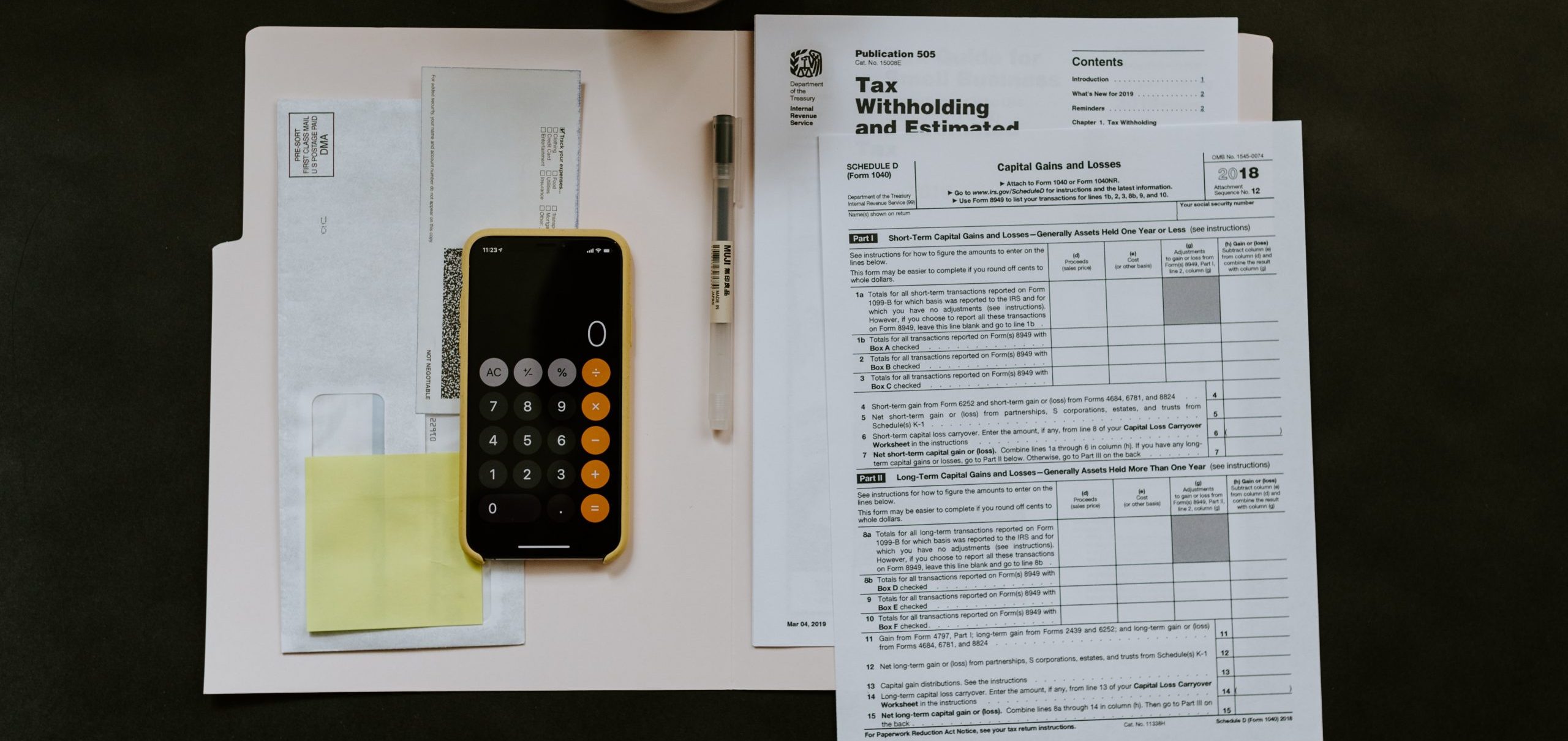Regulations on unilateral divorce

1. What is a unilateral divorce?
Divorce is a legal event that ends a marriage relationship. According to the current law, only the court has the authority to declare the couple divorced with a legally effective judgment or decision (Clause 14, Article 3 of the Law on Marriage and Family 2014).
Also according to the provisions of the Law on Marriage and Family 2014, Articles 51, 55 and 56 show that: Wife, husband or both have the right to request the Court to settle the divorce.
– In case both spouses request the court to settle the divorce: it is called “consensual divorce”.
– Where there is only one request to the court to resolve the divorce: called “unilateral divorce” or “divorce at the request of one party.”
2. Who is entitled to request the Court to settle the divorce unilaterally?
According to Article 56 of the 2014 Family Law, the subjects who are required to settle for a unilateral divorce are:
– Husband or wife has petitioned the Court to settle unilaterally for divorce.
– Father, mother, other relatives of the spouse.
– In case of unilateral divorce, it should be noted that the husband does not have the right to request a divorce in case the wife is pregnant, giving birth or raising a child under 12 months old.
3. Conditions for unilateral divorce
– When a spouse requests a divorce but the conciliation fails, the court shall grant the divorce if there are grounds for the fact that the husband or wife has committed domestic violence or seriously violated the wife’s rights and obligations. The husband causes the marriage to fall into a serious state, the common life cannot last, the marriage purpose is not achieved.
– Parents, other relatives have the right to request the Court to settle the divorce when one of the spouses suffers from mental illness or other diseases but is unable to perceive and control his/her acts, and at the same time are victims of domestic violence caused by their husbands and wives, seriously affecting their lives, health, and spirit.
Thus, when the above conditions are met, the court will handle the unilateral divorce request and the petitioner is obliged to prove the grounds that he has written in the petition.

4. Jurisdiction to settle unilateral divorce
– In Clause 1, Article 35 of the Civil Procedure Code 2015 stipulates: Disputes over marriage and family will be settled by district-level People’s Courts according to first-instance procedures.
– Next, in Article 39 of the 2015 Civil Code, when requesting for a unilateral divorce, the petitioner must submit an application to the Court where the defendant resides and works.
– If these divorce cases involve the involved parties or overseas assets, the district-level courts have no jurisdiction but belong to the provincial-level People’s Courts.
– Therefore, if two Vietnamese citizens divorce in the country, the divorce petition should be filed with the district-level People’s Court where the person being requested for divorce unilaterally resides or works. If there is a foreign element, it will be done by the People’s Court of the province.
5. Dossier, order of procedures for unilateral divorce settlement
5.1. File
– Petition (Application for divorce);
– The original certificate of marriage registration;
– Authenticated copy of the people’s identity card/citizen identity card of the husband and wife;
– Certified copies of the birth certificates of the children (if there are children in common);
– A certified copy of the household registration book;
– Certified copies of papers proving ownership of common property;
– Certified copy of documents proving the joint debt/contribution.
5.2. Procedures
Step 1: Submit the lawsuit file to the competent court.
Step 2: Receipt of application
– Within 05 working days, the Court will notify the acceptance of the case if the dossier is valid and notify the involved parties to carry out the procedure for paying the court fee advance.
– Within 07 days, the involved parties must pay the court cost advance and submit to the Court a receipt of the collection of the court fee advance, the judge will accept the case. After the court fee is paid, the court begins to calculate the date of acceptance.
Step 3: Court conducts conciliation and first-instance trial
– The court will invite to conciliation at least 02 times, if there is a property dispute, the court must carry out relevant legal procedures such as on-site appraisal, property valuation, information verification, etc. .. if there is a joint debt, the court must invite the creditor to participate as a person with related interests and obligations.
– When the conciliation is unsuccessful and all other relevant proceedings are completed, the court will bring the case to first instance trial.
– Note: The court can also reject the divorce request if the conflict is not serious enough. When the court rejects the divorce petition, it must be 1 year after the rejected person has the right to file a petition for divorce again.
Step 4: The Court of Appeal continues to handle the case
After the first-instance court hears, if there is an appeal or protest, the Court of Appeal will re-trial within 2-4 months.
Above is the advice of Khoa Tin Law on the issue: “Regulation on unilateral divorce.”
In case customers have unclear issues or need to discuss further, please contact us at phone number 0983 533 005 for a free consultation.
Best regards./.
Latest news










